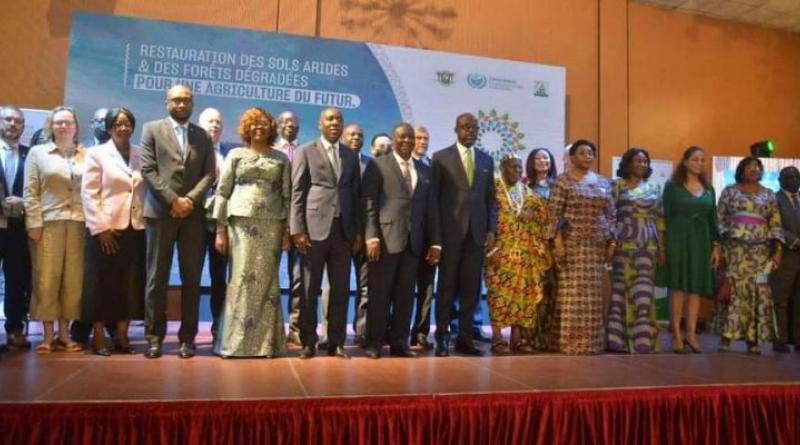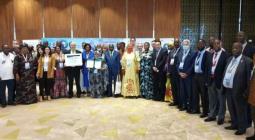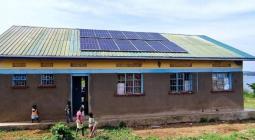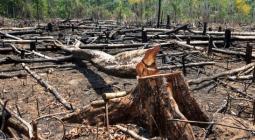COP15: restoring 1 billion hectares of degraded land by 2030

The fifteenth Conference of the Parties (COP15) to combat desertification ended on 20 May 2022 in Abidjan, Ivory Coast, on a note of mixed satisfaction. Some participants regretted the non-adoption of a binding protocol on drought, while others welcomed the objective of restoring one billion hectares of degraded land by 2030.
“Accelerating the restoration of one billion hectares of degraded land by 2030”. This is the only quantified objective in the final declaration issued at the end of the fifteenth Conference of the Parties (COP15) to combat desertification, held from 9 to 20 May 2022 in Abidjan, the economic capital of Ivory Coast. In addition to this main objective, the COP15 final communiqué also calls for building resilience to drought by identifying the expansion of drylands and improving the involvement of women in land management.
Welcoming this land restoration objective, presented as equivalent to the goal of limiting global warming to below 2°C set in the Paris Agreement at COP21 on climate, delegations at the COP15 on desertification welcome the fact that the land issue is being taken into account for the first time. Who owns the land? Who has the right to use or own it? These questions vary from country to country and are crucial to the success of projects to restore degraded land.
Missed opportunity to adopt a protocol on drought
According to a report published by the United Nations (UN) a few days before the start of the summit, desertification affects 40% of the world’s land surface and already affects about half of humanity.
Given the urgency of the situation, some delegates did not hide their disappointment at the end of COP15. Many delegates from the African continent wanted to see the adoption of an additional protocol on drought. Inspired by the Kyoto Protocol, this binding legal instrument would have made it possible to attract funding to combat drought and its consequences, in addition to encouraging countries affected by this climatic phenomenon to put in place national action plans, including early warning systems.
In the absence of an agreement, an intergovernmental working group on drought has been set up and the subject will be on the negotiating table again at COP16, which will take place in 2024 in Saudi Arabia.
Less well known, the convention on desertification is one of the three conventions created in 1992 at the Rio Earth Summit, along with those on climate and biodiversity. The aim of these conventions is to ensure the conservation of biological diversity, the sustainable use of its components and the fair sharing of the benefits arising from the use of genetic resources.
Boris Ngounou | https://www.afrik21.africa/






